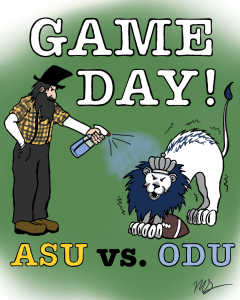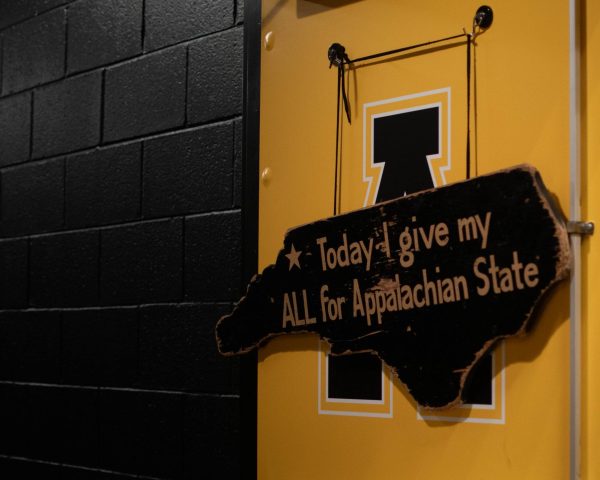OPINION: Free Market: Invisible Owner
February 27, 2020
The world has long equated capitalism with liberty, relying on its trademark “economic freedom.” Despite this association, evidence shows that capitalism fosters economic servitude and widespread inequality.
According to Equitable Growth, the richest 1% of American families own 40% of the nation’s money, while the bottom 90% owns 25%. While a large wealth gap exists today in America, it did not always. According to the Center on Budget and Policy Priorities, income only began to radically diverge toward the end of the 1970s. Before this, all Americans enjoyed relatively stable income growth.
Meanwhile, the value each dollar holds has fallen over the years with $100 20 years ago being worth $150 today. While $50 may not sound like much over 20 years, realizing the dollar has depreciated by 50% in this time makes all the difference.
This means that as wealth continually concentrates in America, the value of the comparatively little money belonging to the lower 90% depreciates. As money loses its value, the cost of living for those in the majority increases; thus, the average American worker must work more to earn the same amount of money.
This creates a dependence on businesses that has not occurred since the early 20th century. Though markets share wealth better than the Gilded Age, large corporations continue to stifle independent development, according to The Atlantic. As a result, the working class barrels ever closer to outright economic imprisonment. With most money in the hands of a rarified few, the wealthy control too much of the country’s fate.
Since the abolition of the gold standard, money has nothing to back it, deriving the entirety of its value from public faith. In fact, only $1.75 trillion has a physical form, according to the Federal Reserve, with the rest residing in computers. For example, if everyone in America today decided to go to their bank and withdraw money that supposedly belongs to them, the lack of physical money would prevent this. So, if this system does in fact result in power at the top, it’s made worse by the fact that the victims make this possible.
So, how has the free market resulted in this? Because the market was never free. The government doesn’t control the entirety of the currency used to trade and interact in the United States. A private institution separate from an institution owing no allegiance to the American people does, and the lives of many have become a game in which the house holds all the cards. How does one win? They don’t: they can only borrow the time they’ve been stripped of.












